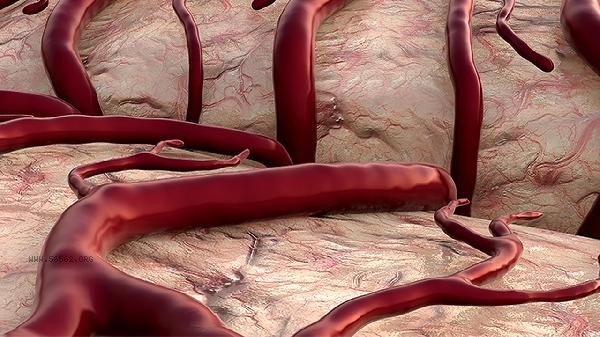The low percentage of eosinophils may be related to factors such as infection, drug influence, stress response, endocrine disorders, and hematological diseases. Eosinophils are a type of white blood cell that mainly participate in immune responses to allergic reactions and parasitic infections. Abnormal proportions of eosinophils need to be comprehensively judged in conjunction with other indicators.

1. Infection with
bacteria or viruses may temporarily reduce the percentage of eosinophils. After pathogens invade the human body, immune cells such as neutrophils proliferate in large numbers, which relatively dilutes the proportion of eosinophils. This condition is usually accompanied by symptoms such as fever and cough, and the indicators can gradually recover after infection control.
2. Drug effects
Corticosteroid drugs such as prednisone tablets and dexamethasone injection can inhibit eosinophil production. Long term use of such drugs may result in a low persistence rate, and it takes 1-2 weeks to recover to normal after discontinuation. Some antibiotics may also have similar effects.
3. Stress response
Severe trauma, surgery, or mental stress can stimulate the adrenal gland to secrete cortisol, which can rapidly reduce the number of eosinophils in peripheral blood. This change belongs to physiological regulation and can be restored within 24-48 hours after the elimination of stressors.

4. Endocrine disorders
Cushing's syndrome, hyperthyroidism, and other diseases can lead to abnormal hormone secretion, which may result in secondary eosinophilia. Patients often have typical symptoms such as central obesity and palpitations, which need to be diagnosed through hormone testing and imaging examinations. Hematological disorders such as aplastic anemia and myelodysplastic syndrome can affect the differentiation and maturation of eosinophils. This type of disease is often accompanied by a decrease in whole blood cells and requires differential diagnosis through bone marrow puncture. When the percentage of eosinophils is found to be low, it is recommended to recheck the blood routine and observe dynamic changes. Daily attention should be paid to maintaining a regular schedule, avoiding excessive fatigue, and balanced intake of high-quality protein and vitamin rich foods such as fish, eggs, fresh vegetables, etc. If there are persistent abnormalities or other discomfort symptoms, it is necessary to seek medical attention promptly at the hematology or endocrinology department, complete relevant examinations to clarify the cause.









Comments (0)
Leave a Comment
No comments yet
Be the first to share your thoughts!